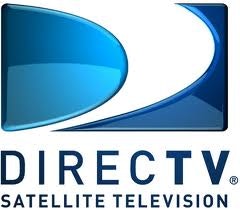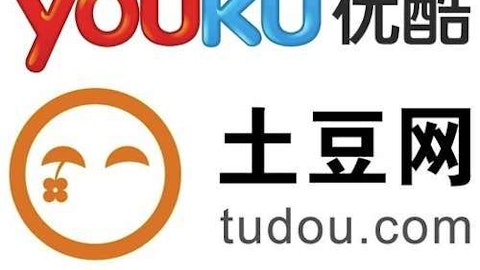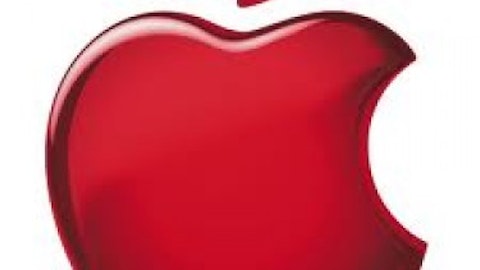
This comes just days after Yahoo! Inc. (NASDAQ:YHOO) was said to have made its own bid. Other rumored suitors include Time Warner Cable Inc (NYSE:TWC) and private equity groups such as Kohlberg Kravis Roberts.
Why is Hulu a hot property, and what might these buyers look to do with it?
Internet streaming services
On a subscriber basis, Hulu is tiny compared to Netflix, Inc. (NASDAQ:NFLX): The former has only 4 million, the latter close to 30 million. Yet, Hulu is growing faster than Netflix, Inc. (NASDAQ:NFLX) (it doubled the number of paying subscribers last year) and, unlike Netflix, Hulu has a free version.
Amazon.com, Inc. (NASDAQ:AMZN) Prime has something like 10 million members, but it’s unclear exactly why they buy the service. Many might sign up for the streaming content, but others might simply want the two-day shipping.
There are other services out there — Crackle, RedBox Instant, etc. — but I think it’s fair to say that Hulu is the second biggest streaming service in terms of name recognition.
That said, the potential buyers might have very different motivations.
DirecTV and Time Warner Cable could use it to fight cord cutting
Cord cutting, as a trend, remains largely in its infancy, but there are growing signs that it’s beginning to take place. Of course, that trend is only viable because of services like Hulu.
Slowly, the paid-TV providers seem to be taking strategic actions intended to keep their businesses viable. Comcast Corporation (NASDAQ:CMCSA), for example, bought the rest of NBC earlier this year — giving it control over a great deal of content. Meanwhile, DISH Network Corp (NASDAQ:DISH) is battling to acquire Sprint and/or Clearwire to give it exposure to the wireless business.
For its part, DirecTV (NASDAQ:DTV) remains particularly vulnerable. If cord cutting were to emerge as a viable trend, DirecTV (NASDAQ:DTV) could be facing a crisis, as it has no other major business operations save its paid-TV subscribers.
Acquiring Hulu would solve this issue, as it would then own one of the services that could eventually contribute to the demise of paid-TV.
Time Warner Cable Inc (NYSE:TWC) is in a slightly similar situation, although it does have a significant Internet business. As of the last 10-K filing, Time Warner Cable had roughly 10 million subscribers to its Internet service.
However, unlike Comcast, Time Warner Cable Inc (NYSE:TWC) does not own any content — it’s more or less strictly a cable company.
Yet, Time Warner has embraced Internet distribution to a greater degree than its rivals. For example, although both DirecTV (NASDAQ:DTV) and Comcast make their programming available online, Time Warner Cable Inc (NYSE:TWC) is (at this point) the only major cable company to offer a Roku app.
To some extent, cord cutters may be looking to online distribution for convenience rather than cost. Intel Corporation (NASDAQ:INTC) is said to be developing an online service that would be equally as expensive as traditional paid-TV, but offer an unprecedented digital experience.
Buying Hulu would allow Time Warner Cable Inc (NYSE:TWC) to expand its efforts to deliver content online.
Yahoo! slowly building a Google competitor
Yahoo! Inc. (NASDAQ:YHOO) has been buying up companies left and right recently. Most of them have been smaller start-ups, with Tumblr being the lone exception. But with Yahoo! Inc. (NASDAQ:YHOO)’s stake in Alibaba continuing to appreciate, the company could soon have significantly more capital to spend.
Yahoo! has been rumored to be interested in an online video service. The company was said to be pursuing DailyMotion — a YouTube competitor — but was unable to finalize a deal. Hulu could act as Yahoo! Inc. (NASDAQ:YHOO)’s online video arm, if the company were to acquire it.


